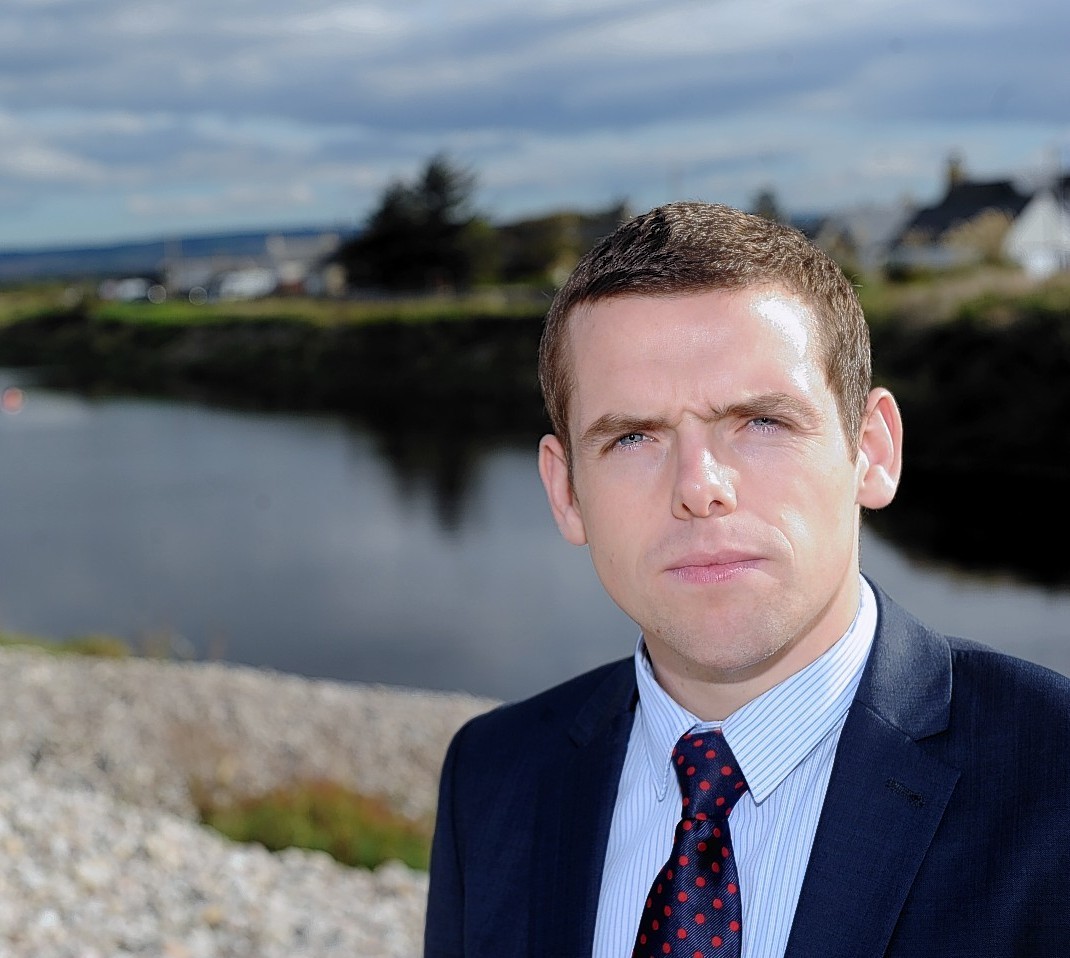Police chiefs in Moray faced a grilling yesterday over figures which revealed local officers were taking longer to respond to the most serious emergency calls.
It emerged that over the past year response times for “grade one” incidents had increased by an average of more than two minutes.
The calls involve situations where there is an immediate or apparent threat to life or a serious crime in process.
Research showed that response times increased from nine minutes 23 seconds last year to 11 minutes 29 seconds this year.
Conservative councillor Douglas Ross demanded answers from senior officers – and highlighted part of a report presented to the local authority which he said suggested a shortage of staff was partly responsible.
The councillor said that freeing-up officers from administrative positions could help redress the situation.
But police representatives at yesterday’s meeting of Moray Council’s police and fire and rescue services committee said a number of factors had contributed to the situation over the past 12 months.
They explained that many people were now calling 101 to report emergency scenarios when they should have dialled 999.
And they said events such as the independence referendum and Queen’s baton relay had placed an extra burden on forces during 2014.
Mr Ross had previously criticised a report on the issues as “paltry” and accused officers of failing to provide a solution to the problem.
He said that over the past year local forces had experienced a 37.2% decrease in grade one calls.
He said: “Given such a big decrease in the number of these calls should we not expect the reaction times to be quicker?”
But divisional commander for Aberdeenshire and Moray Campbell Thomson said he did not see a correlation between the two statistics.
He explained: “We operate a community policing model, which means our officers can be anywhere when they receive a 999 call.
“These officers are not just sitting waiting for calls to come in, and weather and road conditions also play a part in how quickly they can arrive.”
He also explained that officers attending serious incidents were often unable to accurately record the time of their arrival.
He said: “Smaller impacts can have a significant skewer on the figures, but the fact that an increase has been shown means that is absolutely something we will have to look at.”
And Mr Thomson said he would “continue to monitor” staffing levels in Moray, and added that speedily responding to emergencies was “an absolute priority” of his.
Amid growing concern over the centralisation of Scotland’s call centres,
Mr Ross called for his fellow committee members to officially back a campaign against the closure of local call centres.
But the motion was ultimately defeated by five votes to two, with councillors opting to wait for the results of a national review.
A police spokeswoman last night added: “Determination of what grade a call is given is made by the controller, based on the circumstances as relayed to them and also from additional information that is available from previous calls and incidents.
“But, ultimately, any call could develop or be assessed as a grade one depending on the circumstances.”
Police aim to reach 90% of grade one incidents within five minutes.
